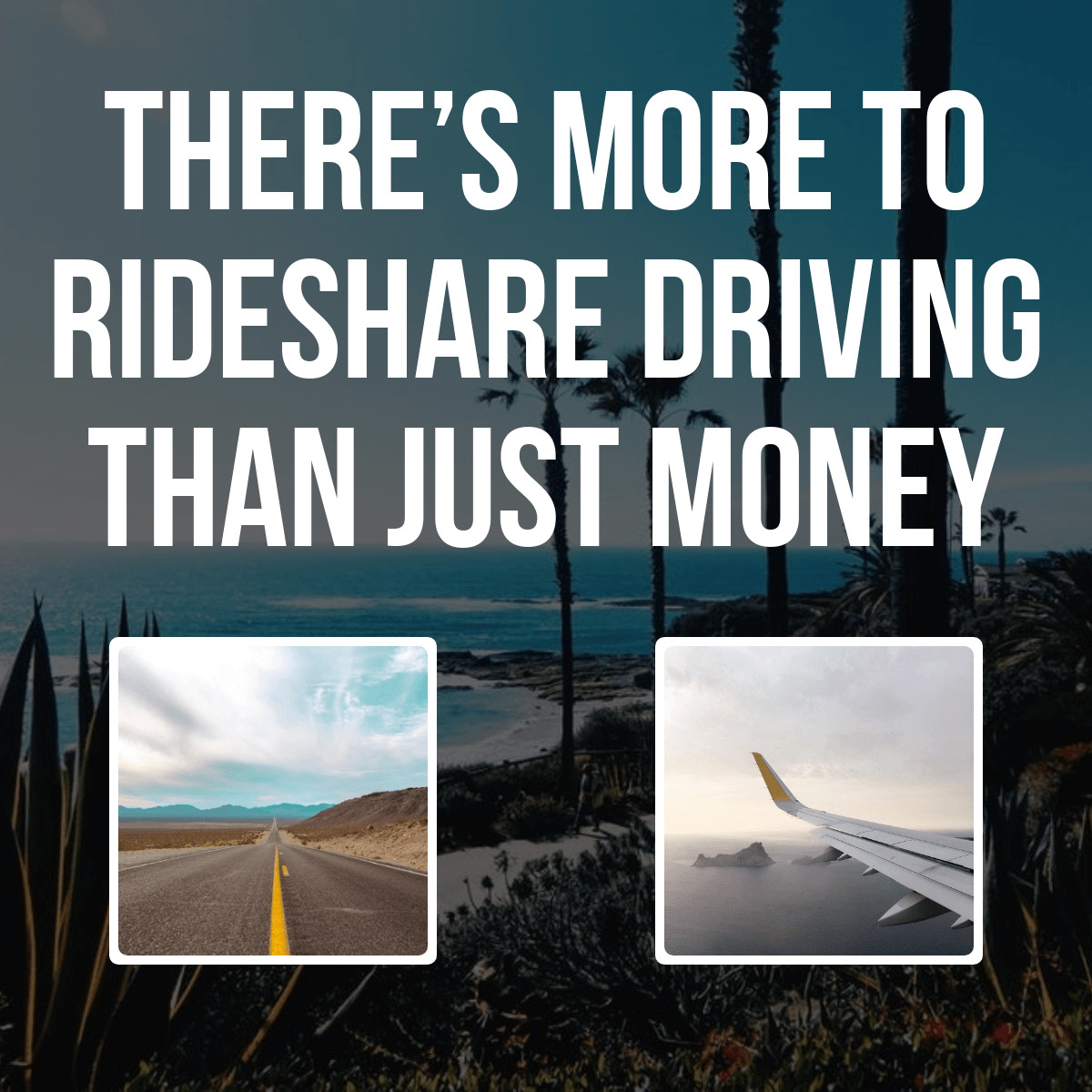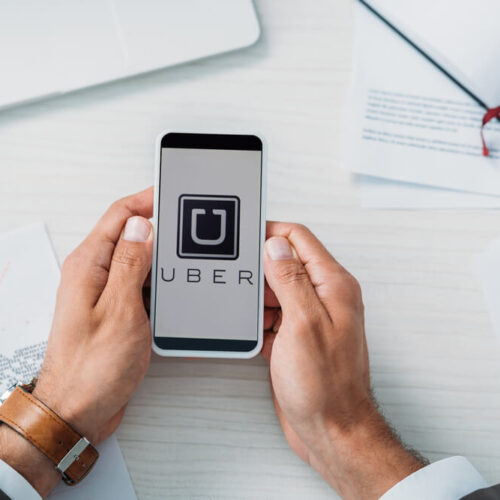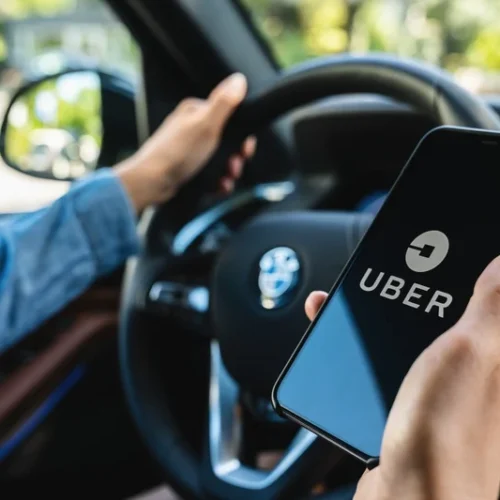Sometimes it seems like rideshare driving is just picking up one person, dropping them off, earning some money, and moving on. But it’s so much more than that, if you just pay attention to what’s going on around you. Today, senior RSG contributor Jay Cradeur shares the “fringe benefits” of ridesharing driving.
I like to make a buck just like the next person and over the past two years, I’ve averaged over $75,000 per year in net earnings. I have driven many miles and hauled many passengers almost equally for both Uber and Lyft.
In addition, I have a level of freedom and flexibility that is rare. Today, for example, I am writing this blog from the Cong Caphe coffee shop in Hanoi, Vietnam.
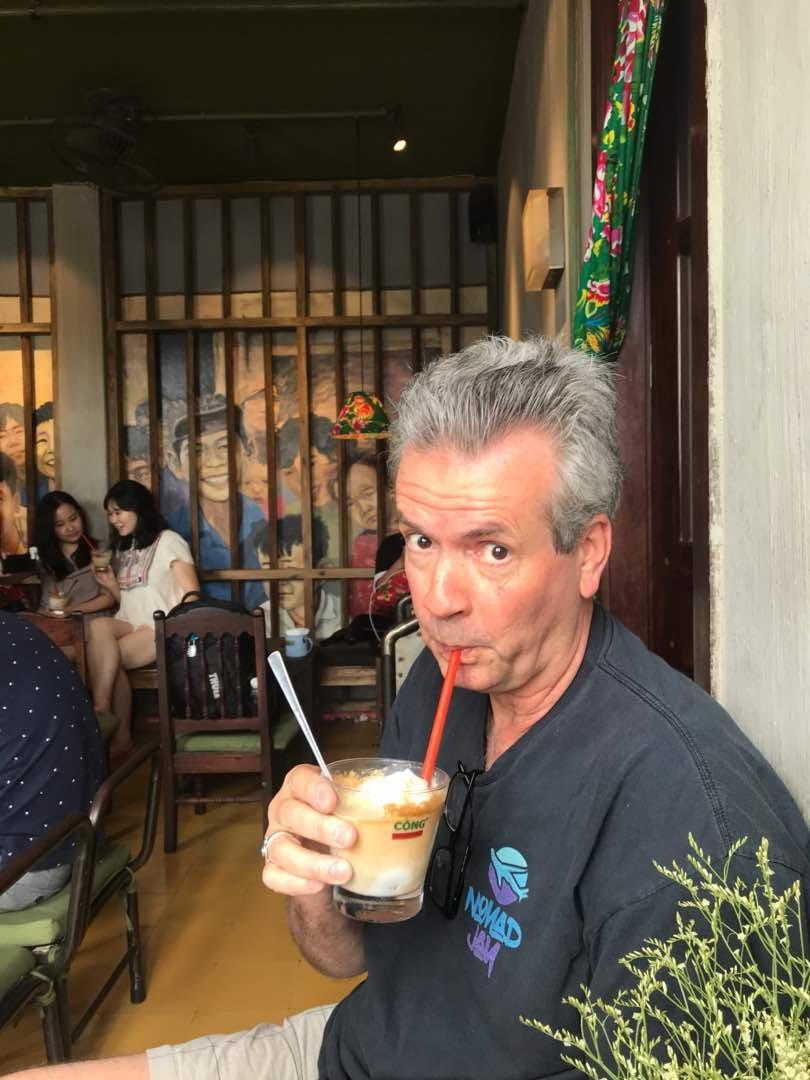
But you know what? In the big picture, I’ve spent most of that money, and the true lasting value I will retain is the honing of a few key skills. If all I got out of the rideshare-driving gig was the money, I would not have continued for the past several years.
I will share with you what I feel are the five most valuable life skills that I have had the rare opportunity to practice, often in the most trying of times.
Editors Note: Make sure you still track you income, expenses, mileage, and taxes using an app like QuickBooks Self-Employed to reduce the stress of managing all of that money so you can spend more time doing the important things in life!
#1 – Conversation / Listening Skills
Since I started driving, I have had almost 18,000 conversations. Think about that. 18,000 people have opened my car door, conversed with me, and then got out of my car.
I continue to learn things about this process. First, ask a good question then shut up and listen. Most people don’t have someone to talk to who will actually listen with undivided attention.
In this way, you can be someone very important in your passenger’s day. “John, how are you doing today?” This is usually how I start. Or I will make a comment: “What beautiful weather we are having today!” The key is to listen rather than prattle on about my own life. No one is interested (except maybe your Uber or Lyft driver!).
It’s not a competition. Another thing I learned is there is no point in trying to one-up your passengers. Perhaps this is more of a competitive “guy” thing. I am guilty of it.
It goes something like this: Passenger says they are going to Hawaii for the weekend. I may respond with: “Oh really, that’s great. I am going to Vietnam for the entire month or April.” This will shut up most passengers. It is called “raining on someone’s parade.” This kind of showmanship will kill a conversation and tips.
The lesson to be learned is one of taming the ego and allowing others to share their joy with me without me making it all about me. It’s a valuable lesson!
Always make it a win for your passenger (they paid the money). Compliments really do work. No need to be insincere either. That is what makes this so much fun.
In talking to each client, I listen for some uniquely admirable quality, and then I mention it back to the passenger. For example “Wow, that is awesome. It sounds like you really slayed that interview today!” Or: “What a great work ethic you have, going to the gym at 6 a.m.!”
#2 – Patience / Tolerance
Simply from the sheer bulk of people going through your car, you will run into many people who rub you the wrong way. Perhaps your passenger is a loud drunk. Another passenger may not like the route you are taking. Someone else may just be having a bad day and he or she needs to vent. Also, there are those passengers that make you wait a full 5 minutes before arriving in your car.
Patience and tolerance are vitally important skills. I find it is important to remember times when I was not in a pleasant mood. I remember times when I was late and missed a deadline. Nobody is perfect. When I remember this, I then have compassion for the passenger, rather than anger and frustration. Cool trick if you can master it.
#3 – Empathy / Understanding Others
This is the next level to patience and tolerance. When driving, can you really feel what it is like to be the person in the back seat? How many people can you truly relate to?
Empathy, the ability to understand and share the feelings of another, is a powerful tool in life. It helps at work, in relationships, in entrepreneurship, and in marketing.
When driving, I try to put myself in the shoes of the passenger, especially those who are having a rough day, are impatient or rude, or who seem unique. When you can experience empathy, then you can speak to your passenger in a way that may just transform how they see the world, or at least the day. It can happen.
#4 – Gratitude / Life’s Okay
I drive in San Francisco. It is often that I drive around a passenger picked up at a multi million-dollar home in Pacific Heights (an expensive neighborhood in San Francisco). It is tempting to feel like he or she is doing a whole lot better than me.
This job teaches me each day that if I compare myself to some of my passengers, I will not experience gratitude but rather a feeling of loss due to competition. Further, it is hard to throw a pity party for myself when each and every day I see swarms of homeless people on the streets.
San Francisco has an unusually big and visible homeless problem. It is a constant reminder that I have a good job in a beautiful city. That is the important place to focus. That allows me to feel a sense of well-being.
When I feel the tendency to compare, I shift my attention to gratitude and everything begins to flow again. Here is one of my “life is awesome” moments from a big temple in Vietnam.
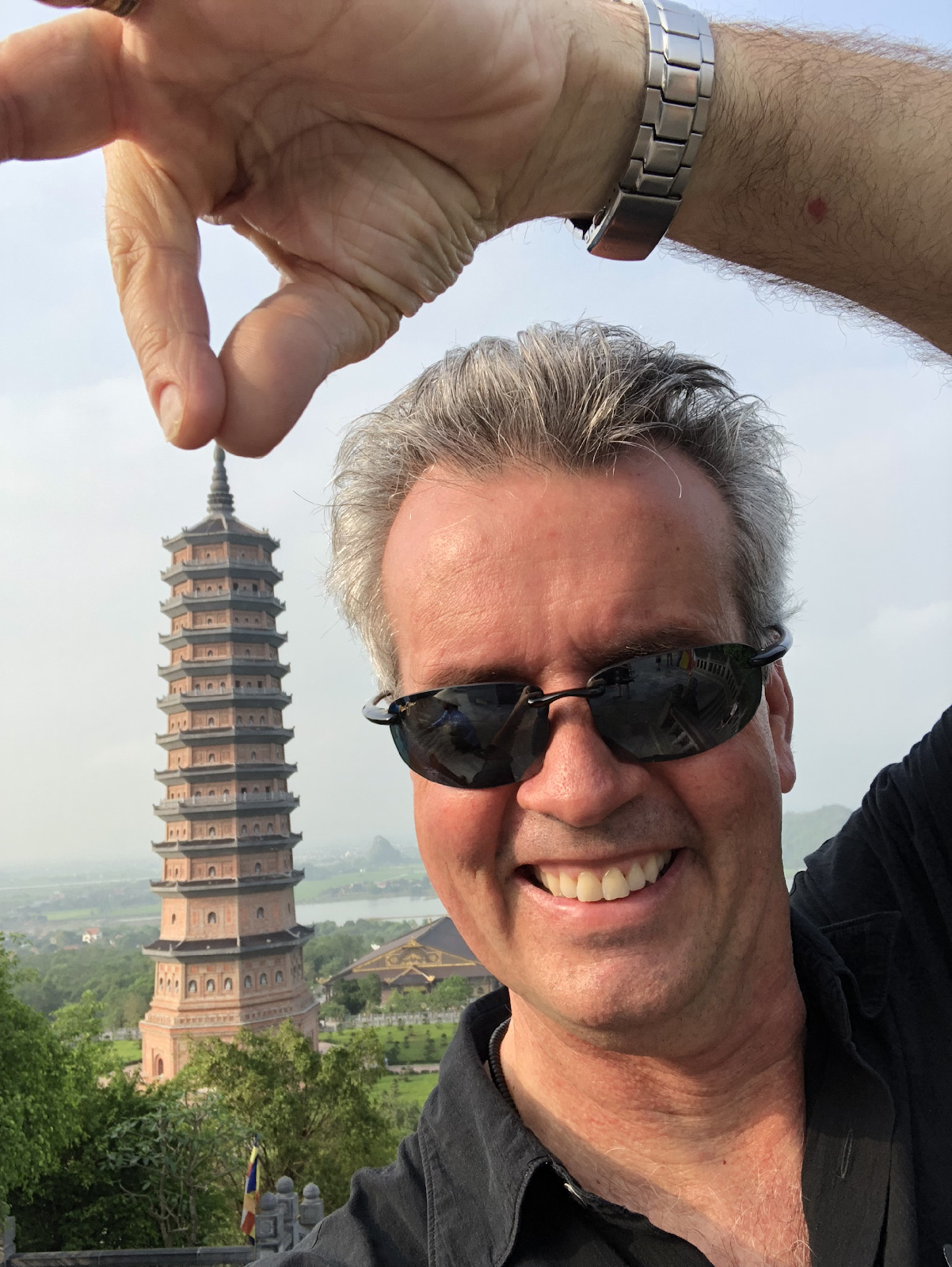
#5 – Meditation / Staying Grounded
Most people think of meditation as something you must do in silence. For two plus years now, I have been driving and pursuing a meditative state.
If you have driven a while, you know there are certain situations that really piss you off. How about gridlock traffic? In the beginning, I can’t tell you how angry and frustrated I would get. Now, with time, I have begun to notice how the traffic is a trigger, which does not necessarily have to anger nor upset me.
This driving gig has taught me so much about monitoring and therefore managing my emotions. This skill set pays of big dividends in life. Imagine a life where nothing makes you react. Instead, you can notice the inputs and then respond as you feel is appropriate.
Summary
Driving can be so much more than driving. If you are going to drive for Uber or Lyft and spend a good chunk of time in the car interacting with people and experiencing some difficult situations, why not use the time to make yourself a better person?
Think about the impact you can have on others in general and your family and friends in specific. It is a huge opportunity.
I wish you the best of luck out there. Be safe.
Drivers, what have you learned since you started driving? How do you stay calm on high traffic/stress days?
-Jay @ RSG
